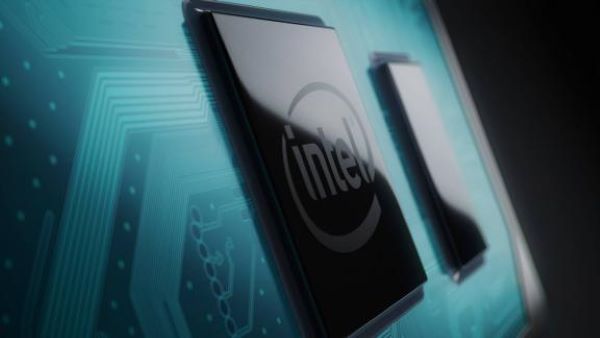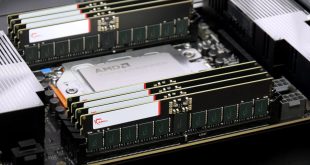The AI chip market has been growing significantly over the years and all of the big tech giants are looking to score a piece of the pie. Intel is making some big moves in this space right now, announcing the acquisition of Habana Labs in a deal worth $2 billion.
Habana Labs is based in Israel, specialising in deep learning acceleration hardware. The company previously raised $75 million from investors last year and now, Intel is stepping in to acquire the company to strengthen its own AI business. Currently, the AI silicon market is expected to be worth more than $25 billion by 2024 and Intel is on its way to boosting that, with the company expecting to generate $3.5 billion in 2019 through its AI business.
As part of the announcement, Intel's general manager of the Data Platforms Group, Navin Shenoy, said: “This acquisition advances our AI strategy, which is to provide customers with solutions to fit every performance need – from the intelligent edge to the data center. More specifically, Habana turbo-charges our AI offerings for the data center with a high-performance training processor family and a standards-based programming environment to address evolving AI workloads”.
While Habana Labs will now be under Intel's umbrella, the company will remain an independent business unit and will continue to be led by its current management team. However, it will have access to Intel's AI expertise and resources to drive new developments.
Discuss on our Facebook page, HERE.
KitGuru Says: AI and data centres are the big battlegrounds for chip makers at the moment. Intel is already expecting to make a lot of money in the AI segment this year, so it will be interesting to see how things grow from here.
 KitGuru KitGuru.net – Tech News | Hardware News | Hardware Reviews | IOS | Mobile | Gaming | Graphics Cards
KitGuru KitGuru.net – Tech News | Hardware News | Hardware Reviews | IOS | Mobile | Gaming | Graphics Cards



